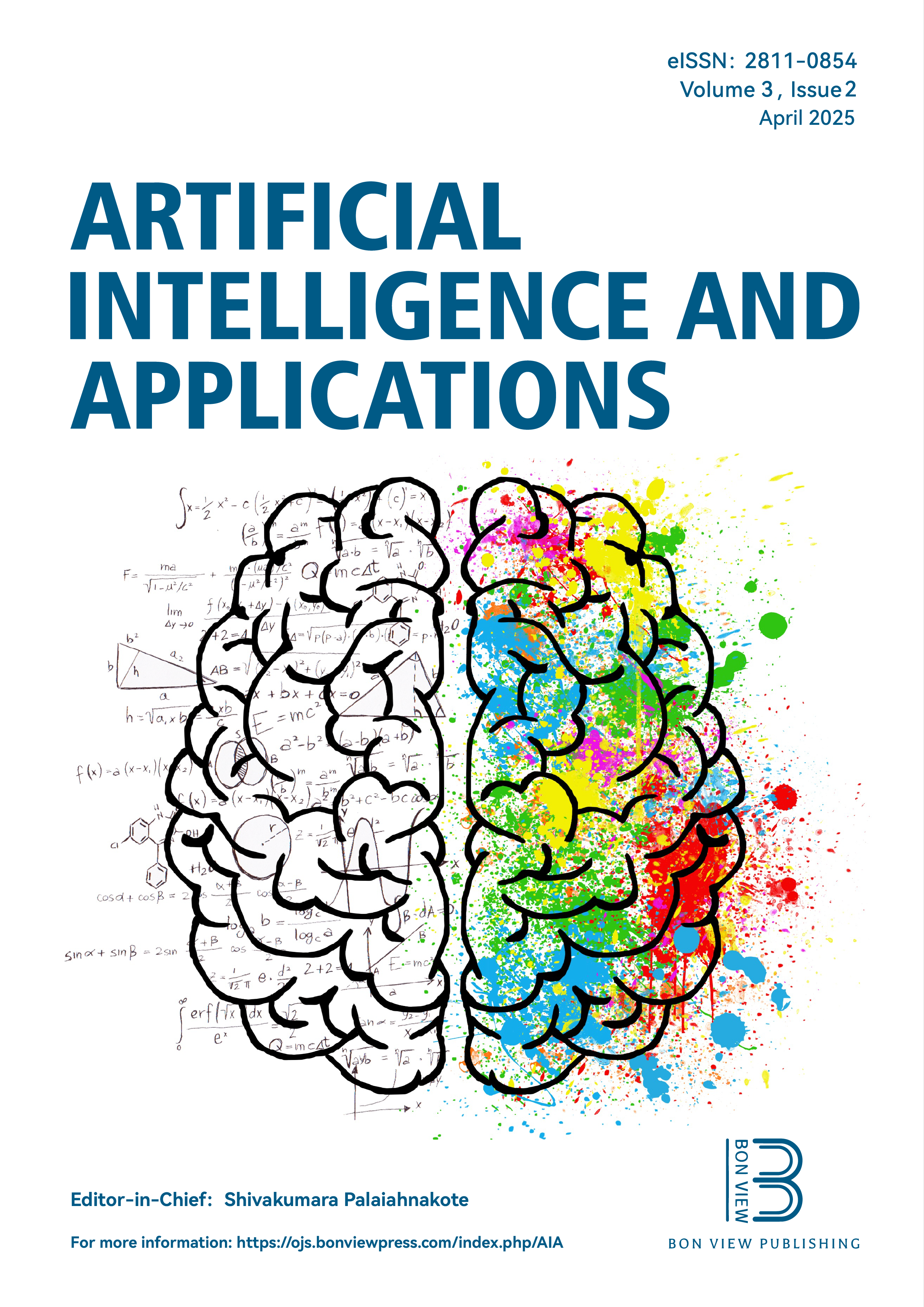Portrait Technology in Campus Recruitment
DOI:
https://doi.org/10.47852/bonviewAIA3202873Keywords:
practice campus recruitment, talent portrait, fuzzy c-means, general regression neural networkAbstract
A significant limitation in campus recruitment lies in recruiters’ inability to swiftly and accurately assess students’ comprehensive qualities, leading to challenges such as low signing success rates, talent misjudgments, and suboptimal post-placement decisions. Traditional statistical approaches, which rely on small sample sizes, struggle to address these complexities effectively. This study proposes an intelligent solution leveraging artificial intelligence (AI) and big data technologies to optimize campus recruitment processes. By integrating clustering algorithms and neural networks, the research focuses on labeling student behavior data to establish a dual evaluation system that combines subjective and objective criteria. This framework enables the creation of detailed talent portraits tailored to campus recruitment scenarios, which synthesize academic performance, behavioral patterns, and soft skills into actionable insights. The results demonstrate that talent portrait technology mitigates existing inefficiencies by providing recruiters with data-driven tools to improve candidate evaluation, role alignment, and hiring outcomes. This approach offers a scalable and precise methodology to enhance recruitment accuracy while reducing human bias.
Received: 20 March 2023 | Revised: 10 April 2023 | Accepted: 24 April 2023
Conflicts of Interest
The authors declare that they have no conflicts of interest to this work.
Data Availability Statement
Data available on request from the corresponding author upon reasonable request.
Author Contribution Statement
Huang Yu: Conceptualization, Methodology, Software, Validation, Formal analysis, Investigation, Data curation, Writing - original draft, Writing - review & editing, Visualization. Cecilia Mercado: Conceptualization, Investigation, Resources, Writing - original draft, Writing - review & editing, Supervision, Project administration.
Downloads
Published
Issue
Section
License
Copyright (c) 2023 Authors

This work is licensed under a Creative Commons Attribution 4.0 International License.


